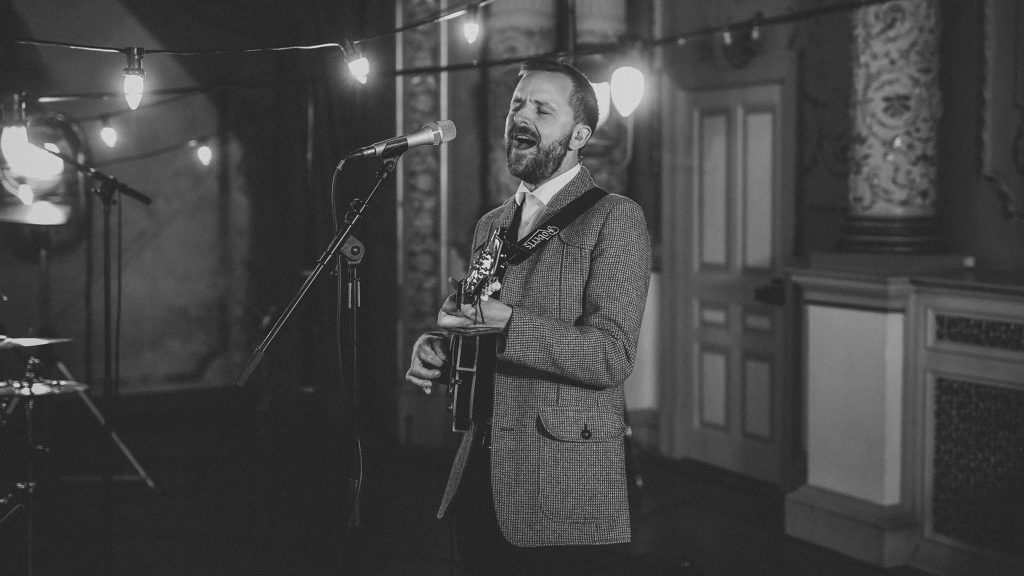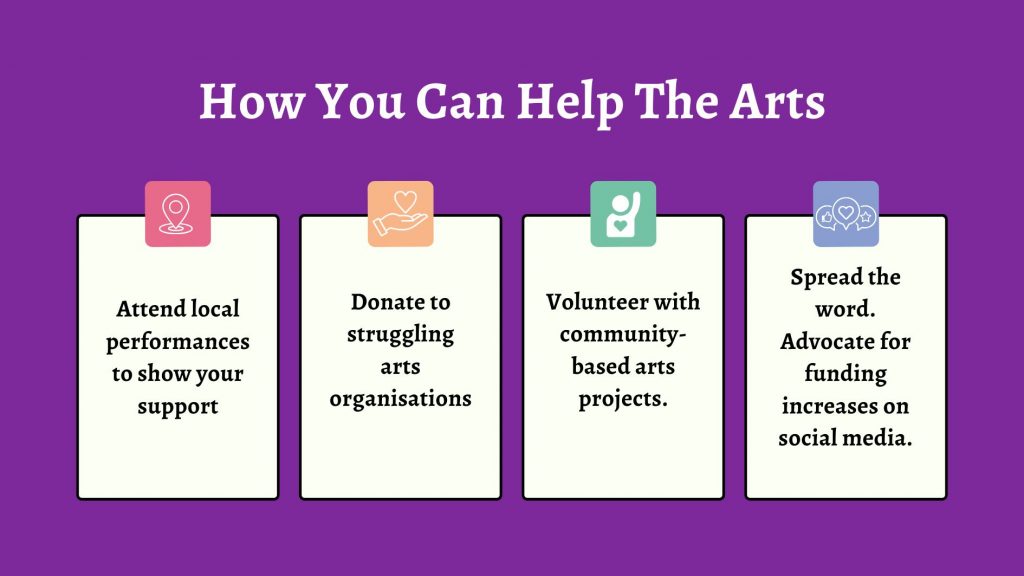As budget cuts and closures rock Wales’ arts scene, institutions like the Welsh National Opera and Cardiff’s live venues fight to survive

The spotlight shines on an empty stage. Seats sit vacant, their silence louder than applause. This isn’t the start of a hauntingly minimal performance. It’s a glimpse of what Wales’ arts sector could become.
In recent years, the sector has been hit hard with the cost of living crisis and shrinking budgets.
Research commissioned by Equity found a 30% funding decrease in the arts sector since 2017. This is the biggest drop in the UK, with Scotland reporting a two percent increase.
Welsh opera faces the music
Even institutions as internationally recognised as the Welsh National Opera (WNO) are struggling. They were hit with a 35% cut from Arts Councils in England and 11.8% from Arts Councils in Wales. Combined, this adds up to 25% of the WNO’s annual budget.
Dubbed as a jewel in Wales’s crown, WNO is Wales’ largest arts employer and largest touring opera company in Europe.
This funding crisis prompted an open letter signed by cultural icons like Sir Bryn Terfel, Katherine Jenkins, and Michael Sheen, calling for urgent support.
The letter warns that WNO’s ability to operate year-round is at risk.
“What has painstakingly been built up over 80 years will be eroded, and a vicious cycle will have begun,” says the letter.
WNO, who has 222 employees, says in their letter that “music and opera are needed now more than ever,” and even quoted Sir Winston Churchill’s wartime declaration: “The arts are essential to any complete national life.”
But this crisis isn’t limited to the WNO.
When the music stops
Back in December 2017, Cardiff became the UK’s first music city in the hopes of boosting the city’s international profile and protecting its music scene.
That year, Cardiff’s musical hub, Womanby Street, faced several threats. The Moon was set to close in January. In March, Fuel Rock Club was served a noise abatement order. By September, plans to build flats next to Clwb Ifor Bach emerged.
Despite efforts to preserve the music scene, challenges persisted. Earlier this year, The Moon announced it was closing down. The Moon closed its doors for the final time after over a decade in the city’s live music scene.

The venue previously shut in 2017 but reopened thanks to a successful crowdfunding campaign. Now, they are unable to continue with the ongoing pressures facing small grassroots music venues.
In a statement, the venue noted: “The financial pressures put on independent music venues are extreme, and the support we receive just isn’t enough to match that.”
The Moon hosted a wide range of musicians, from emerging local talent to well-established performers. Many artists have expressed their frustration and heartbreak, including some whose first gigs were at The Moon.
Since its closure, thousands of people have donated into a support fund for staff and freelancers. This donation demonstrates that for many, the arts are worth fighting for.
Cardiff amplifies its music scene
This year, in an attempt to support grassroots music venues, Cardiff Council announced new funding for the Cardiff Music City initiative. The fund offers venues grants of up to £10,000 for essential improvements and nurturing local talent.
There will be no professional sector in ten years
They also launched the inaugural Cardiff Music City Festival.
This festival, which took place 27 September to 20 October, was spread over 25 venues and featured more than 200 artists.
Council leader and chair of the Cardiff Music Board, Cllr Huw Thomas, says: “Cardiff’s grassroots venues play a vital role in the city’s music scene.”
David Harris, media advisor for Creative Wales, says: “Last year, the concerts in Cardiff Castle alone brought over 80,000 visitors to Cardiff from outside Wales. Coupled with an extensive local supply chain and 300 additional part-time jobs during the period, they contributed £26.3 million to the city’s economy.”

Dan Donnelly, the communications and security manager at Fuel Rock Club, has recently launched an arts based community interest company, BEWT Creative C.I.C.
He says: “We only incorporated at the end of August, so we were horrified to hear the news about The Moon.”
Donnelly says BEWT is aimed at helping the to promote unsigned artists and musicians in the grassroots scene.
Our stage, our future
Despite these efforts and new initiatives, the future of Wales’ arts sector still hangs by a thread.
Just last month, chief executive of Arts Council Wales, Dafydd Rhys, warned that “there will be no professional sector in ten years” if funding cuts continue.
When the curtain falls on creativity, it isn’t just performances we lose. It’s the vibrant stories, voices, and culture that bring communities together.
The spotlight still shines, but for how long? If Wales’ arts sector is to avoid an empty stage, it needs action. Audiences must fill seats. Communities need to advocate for support. There must be a renewed commitment to investing in Welsh culture.

